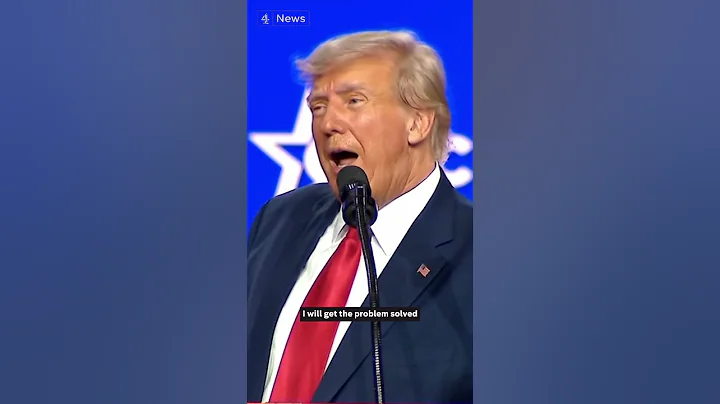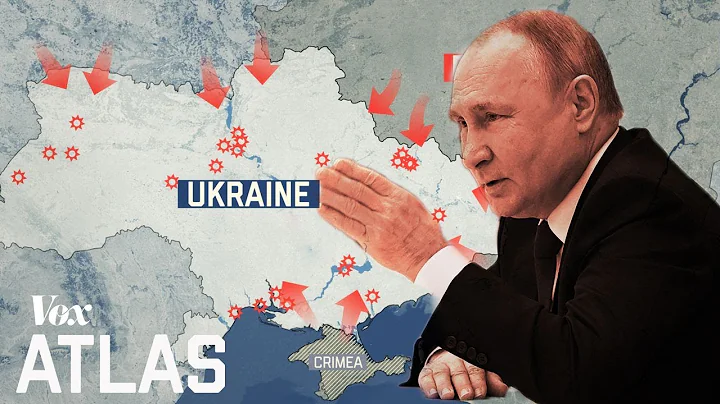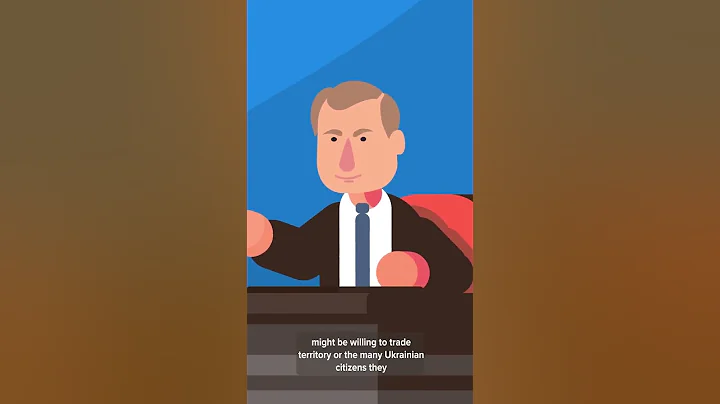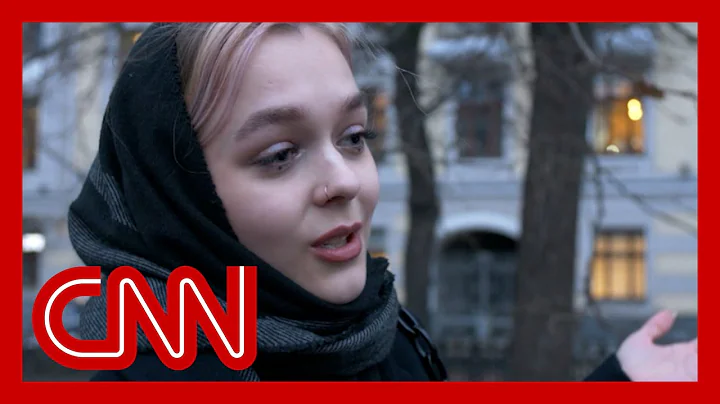
Zelensky played a key leadership role in Ukraine's war with Russia
As Russia's war against Ukraine enters its fifth month, the situation is changing dramatically. From the initial "meat on the chopping block", Ukraine gradually reversed its passive situation and won the strategic initiative, rewriting the trajectory and trend of this war.
In late June, the core leadership and major organizations in the West convened a meeting to study how to further respond to the Russia-Ukraine war, provide greater support and assistance to Ukraine, and at the same time impose more sanctions, restrictions, and isolation measures on Russia to help Kiev wins Moscow.
The most important signal sent by the annual series of meetings of Western countries is that they have eliminated interference and difficulties, are determined to strengthen unity, intervene in the Russia-Ukraine war situation in a coordinated manner, and provide the bottom line and final guarantee for the "prolongation" of the war between Kiev and Moscow. Distributed "reassurance" to Zelensky's authorities that they will stick to the end to help Ukraine.
Although Western support and assistance has not yet had a comprehensive and complete impact on the Russia-Ukraine war, with the implementation of each measure, it is gradually causing pain to the Kremlin , severely damaging the Russian economy, and continuing to weaken its war capabilities and potential. , manifested on the battlefield, the newly added heavy weapons from the West began to be put in place, resulting in the Russian side being unable to continue to occupy the "Snake Island" it occupied earlier. In order to avoid the annihilation of the entire army, the Putin authorities ordered the troops stationed on the island to evacuate.
This reflects that the positive effects of Western unity are emerging. The Western Alliance has expanded and upgraded financial, military, humanitarian and diplomatic assistance to Ukraine. Currently, it has partially changed the balance of power between Ukraine and Russia. Uzbekistan’s counterattack is having an effect. Force Russia to take the initiative to withdraw its troops.
Of course, it is the same as its usual practice - for example, its withdrawal from the Kiev region was carried out in the name of implementing the "Istanbul Negotiation Consensus". With this withdrawal from Snake Island, the Russian Ministry of Defense emphasized Russia's "goodwill." In any case, the Kremlin cannot face the reality of failure or near-failure, and must adopt a set of skillful words to modify it.
The Western Anti-Russian Alliance under the leadership of the United States is obviously happy to see Russia increasingly in trouble in the battlefield, diplomatic and economic fields, and is taking advantage of the victory. Through the meeting held in late June, it consolidated the existing results and discussed Ways to further aid Kiev, defeat Russia, end the war and properly deal with the aftermath.
At about the same time as the meeting ended, the Kremlin made a decision to withdraw its troops from Snake Island to avoid the annihilation of the entire army so that it would not be completely defeated in the subsequent war and political game. This strongly indicated that Ukraine had gained new The important impact of external commitments.
In fact, when the Kremlin instructed the agency in charge of the war to announce the "completement" of the "first phase" of the special military operation and shift its operations to the second phase of "liberating Donbass", Russia and Ukraine were in this war status began to change:
From before and at the beginning of the war, Russia was full of confidence, uncompromising, insisting on attacking and refusing peace talks. It began to respond to Kiev's requirements and held live negotiations, but Russia was still strong in the negotiations. , trying to get Kiev to fully accept its conditions - which amounts to achieving the results that a war can achieve without a war.
Under this circumstance, the Zelenskiy authorities have still regarded negotiating to solve the problem as another important way to solve the problem besides the frontal battlefield for a period of time. The most important thing is that Russia has not yet shown obvious failure on the battlefield. Prospects.
As the Russian army still failed to achieve its goals as expected in the so-called "second phase" special military operation, it instead plunged the war into a strategic stalemate and formed a protracted war pattern. From this moment on, the war status of Ukraine and Russia began. Subtle changes have occurred, one of the main manifestations is that the Zelensky authorities terminated and shelved the peace negotiations indefinitely, and proposed negotiation conditions based on the new situation. Not exchanging territory for peace became its new core element of negotiations, which significantly changed its attitude towards war. The position before and at the beginning.
is almost synchronized with the situation on the Russian-Ukrainian battlefield. The support and assistance from the West has gradually upgraded from the tactical level to the strategic level. From the active participation of some countries to the overall unity of the West, from the superpower mainly supplying Kiev's aid to the Western powers, they have stepped up their efforts. Its own weight in the Russo-Ukrainian war has increased Kiev's weight and increased its negotiating advantage. Helping Kiev win against Russia has thus become a new goal for the Western collective, and the positions of the Zelensky and Putin authorities in the war have begun to undergo qualitative changes. The core of
is that from the time when Ukraine advocated peace talks to solve the problem to the time when Russia constantly adjusted its war goals in order to seek a dignified end to the war, the requesting party for peace negotiations changed from Ukraine to Russia. Regardless of the Kremlin’s public statement, its demands in the Russia-Ukraine war The peace negotiations themselves and their strong opposition to the acquiescence of Ukraine and Moldova to join the European Union, Finland and Sweden to join NATO, all illustrate the qualitative change in the status of both parties.
The new series of international conferences just held in Europe will undoubtedly further strengthen the Zelensky authorities' confidence in adhering to their current position. The role of Ukraine and Russia in the "cat-and-mouse game" in the war has actually undergone major changes:
Moscow's inner desire is in The least bad agreement can be reached while honorably achieving some of the war goals and ending the war while preserving the Kremlin's face. However, Kiev does not think so and is doing everything possible to provide the Kremlin with any opportunity to "step down." and channels - especially negotiations, openly opposed negotiations at this stage, insisting that problems must be solved on the battlefield. This is a normal "feedback" from Ukraine to Russia's strategic disadvantage in the war.
At the same time, Ukrainian President Zelensky has emphasized more than once that negotiation is the final way to end the war, and the final step to end the war is negotiation. This is some kind of hint to the Kremlin: Don’t be opportunistic and dream about winning without a fight. Either you win on the battlefield, or you have to end the war according to Kiev’s negotiation list.





















